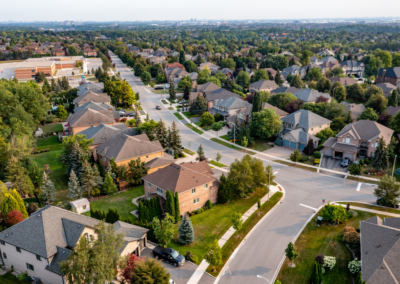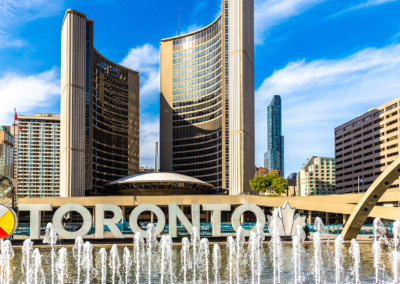
What Are We Willing To Trade For A “Smart City”?
ARTICLE
BY Jodi Shanoff
A significant share of residents (37%) says they wouldn’t trust any entity with their data.
Find out how Environics can help your organization
Related insights

Newcomers specifically show extra positive sentiment towards where they live, learn why this matters from our latest Focus GTA data.

Victoria Sicilia and Jordan Warren discuss how our Focus GTA data show rising concern on housing affordability amongst GTA residents.

Derek Leebosh, VP Corporate and Public Affairs, discusses how the recent Toronto municipal election showcases a progressive shift for Torontonians.
Toronto
366 Adelaide Street West
Suite 101, Toronto, ON
Canada M5V 1R9
416 920 9010
Ottawa
116 Albert St
Suite 300, Ottawa, ON
Canada K1P 5G3
613 230 5089
Calgary
421 7th Ave SW
Suite 3000, Calgary, AB
Canada T2P 4K9
403 613 5735
